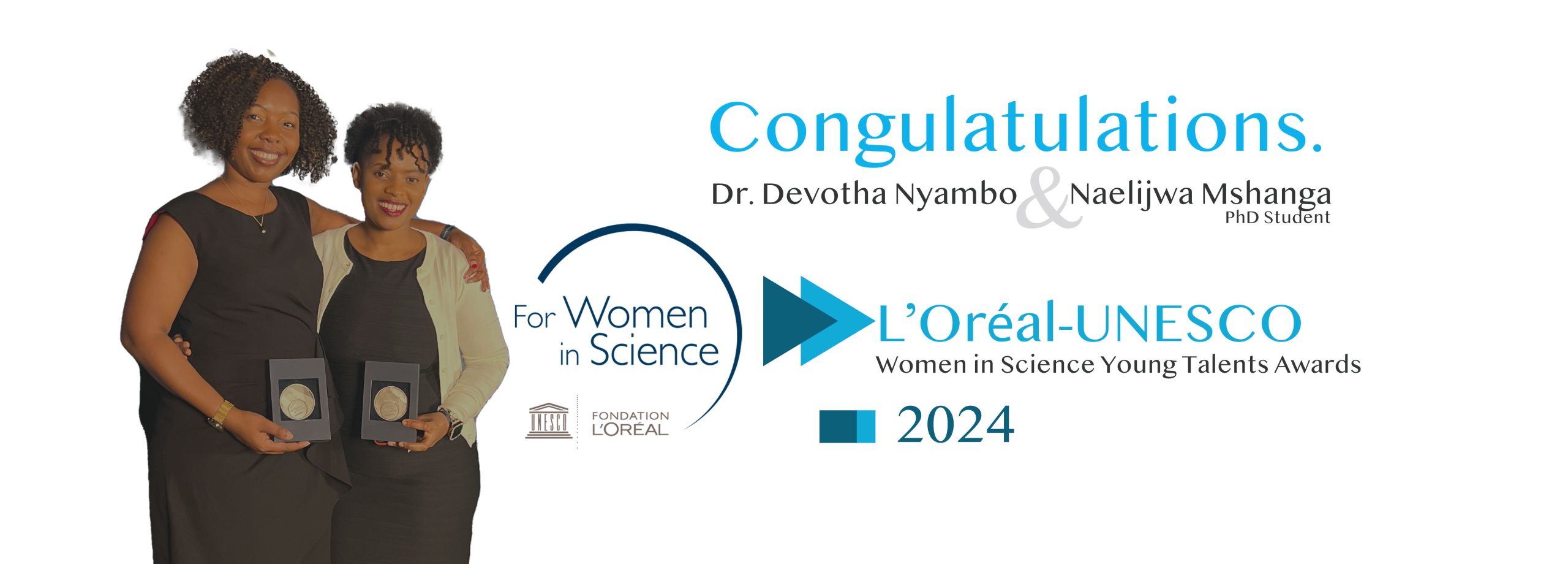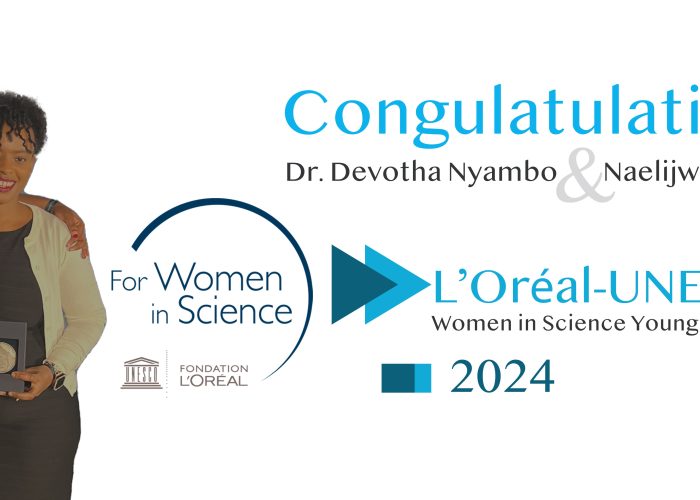Welcome Note
Maximizing Sustainability
Key Principles from the School of Materials, Energy, Water, and Environmental Sciences
I am pleased to welcome you to the School of Materials Energy Water and Environmental Sciences (MEWES) webpage. Welcome to the School of Materials Energy Water and Environmental Sciences (MEWES). The School boasts of high quality and innovative programmes being administered at Tengeru Campus.

MATERIALS (with its roots in Emerging materials, Nanomaterials, composite materials, Energy storage, Carbon materials, materials for water purifications, materials for agriculture), CLEAN ENERGY TECHNOLOGIES (with its roots in Solar energy applications, Biogas, Biofuels) and WATER RESEARCH (with its roots in Hydrology, Water purification, Wastewater).

Read MORE
What’s Happening
Stay Updated with the Latest News, Events, and Innovations from our School
In the dynamic world of Materials, Energy, Water and Environmental Sciences, innovations and advancements occur at a rapid pace. Our “What’s Happening?” section aims to keep you informed and engaged with the latest news, events, and developments from our school. Dive in to discover the cutting-edge research, exciting events, and opportunities that shape the future of our field.
Nov
01
Invitation to Apply for Admission into Master’s and PhD Programmes for 2023 / 2024
The NM-AIST hereby invites qualified candidates for admission into various Masters’ and PhD programmes on offer for 2023/2024 academic year…
Nov
01
Invitation to Apply for Admission into Master’s and PhD Programmes for 2023 / 2024 Academic Year
The NM-AIST hereby invites qualified candidates for admission into various Masters’ and PhD programmes on offer for 2023/2024 academic year…
Research Impacts
Advancing Knowledge and Innovation in Materials, Energy, Water and Environmental Sciences
Winning Awards
Recognizing Achievements in Life Sciences and Bio-Engineering
Intelligent Fruit Fly Trap: An automated system for monitoring Oriental fruit flies (Bactrocera dorsalis) in mango farms
Automated Poultry Diseases Diagnostics using Deep Learning
A Hyperspectral-Based System for Identification of Common Bean Genotypes Resistant to Foliar Diseases in Tanzania.
Intelligent Fruit Fly Trap: An automated system for monitoring Oriental fruit flies (Bactrocera dorsalis) in mango farms
Research Problem Manual inspection of the pests (Bactrocera dorsalis) in large mango farms to estimate the infestation levels is time-consuming…
Professional Opportunities
- Specializes in the study and development of new materials, including metals, ceramics, polymers, and composites.
- Focuses on designing and implementing energy-efficient systems and technologies, including renewable energy sources.
- Specializes in the management, conservation, and treatment of water resources, including wastewater treatment and water supply systems.
Environmental Scientist/Specialist
- Studies the impact of human activities on the environment and develops strategies for environmental conservation and sustainability.
- Provides expert advice on environmental issues, regulations, and compliance to businesses and organizations.
- Works to develop and implement sustainable practices and policies within organizations to reduce environmental impact.
Get in Touch









 Visit Today : 783
Visit Today : 783 Visit Yesterday : 0
Visit Yesterday : 0 This Month : 783
This Month : 783 This Year : 120272
This Year : 120272 Total Visit : 807538
Total Visit : 807538